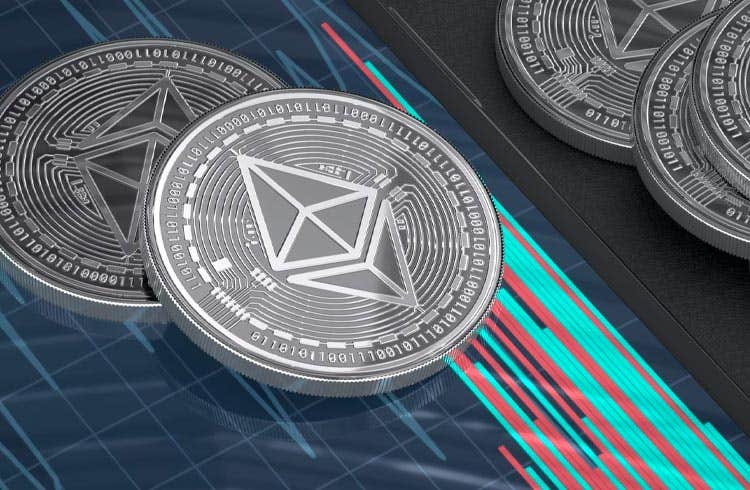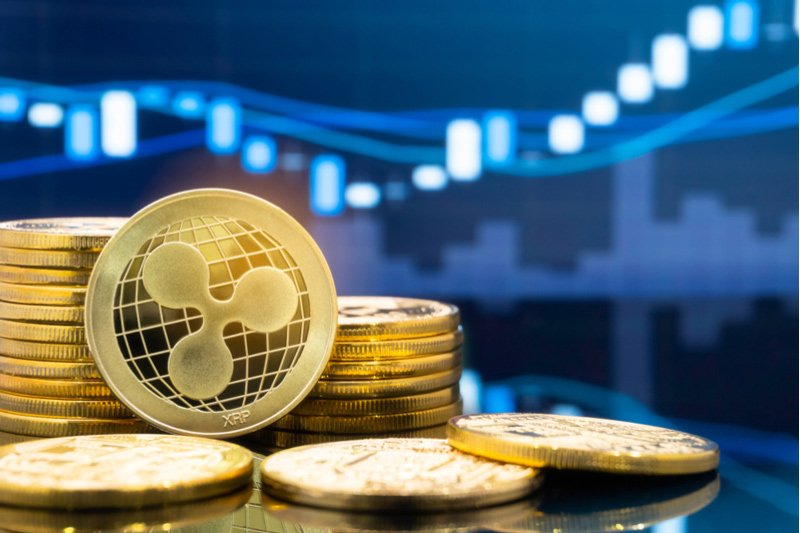Table of Contents
In addition to what El Salvador made BTC the first country in the world legal tender, a survey was publicized, which showed that the citizens of this 6-million-strong country practically do not understand cryptocurrencies at all. Recent research shows that the situation is improving very slowly in this respect.
Many absurd or even comical findings emerged from the previous survey. Some Salvadorans even thought that BTC was a precious metal, and had no idea it was a digital thing. The task for the next period was therefore obvious – a country with obviously low financial literacy must work to educate its population if it wants a bold move with BTC to have at least some hope of success.
Most people do not know the cryptocurrency
The latest research shows that this is only happening very slowly. As many as 54% of Sao Paulo’s Sherlock Communications survey respondents said they did not know any of the 5 cryptocurrencies named in the questionnaire. BTC was among them, which means that they did not even know the one that had become legal tender in their country. 40% of respondents marked BTC, the remaining four percent fell on Dogecoin, EOS or ETH.
They are not interested in investing
46% of Salvadorans are not interested in investing in cryptocurrencies at all. It follows from their answers to the question of what would convince them to put some of their money into BTC. Their answer was “nothing”. 18% would be motivated by “better crypto-sector regulation” and 16% say they might be interested in cryptocurrencies thanks to more reliable and pleasant platforms to use.
This 16% can play a key role in the case of BTC in El Salvador. It could be people who can use BTC, for example, to send remittances, which President Nayib Bukele sees as a huge potential for the country, claiming that the inhabitants of this country lose up to $ 400 million a year in fees for them.
29% agree with Bukele’s decision
The survey also shows that many people in this country are unable to form their own opinion on BTC. As many as 42% said they had no positive or negative feelings about BTC and could not judge whether the enactment of BTC was a good or bad idea. 29% described this decision as the right move and 31% said it was a mistake.
People stand in lines in front of BTC vending machines
While a recent survey shows that Salvadorans still have a long way to go in terms of education, information from Twitter suggests that the adoption of BTC and Chivo’s government cryptocurrency is growing very fast.
According to President Nayib Bukele, 1.6 million Salvadorans have already installed the Chivo mobile application, which significantly exceeds expectations.
JUST IN – Over 1.6 million Salvadorans are now using @chivowallet #BTC adoption is ramping up 🇸🇻 pic.twitter.com/yRvEOxB8Ye
– BTC Magazine (@BitcoinMagazine) September 20, 2021
However, the catch is that the installation of the Chivo mobile application seems to be driven mainly by the motivation to get $ 30 in BTC. They seem to be running away to local BTC exchange and Chivo vending machines, which do not charge any fees when exchanging BTC for USD and vice versa. In front of them, long queues have been forming in recent days.
Lines and lines in every Chivo ATM of people selling their bitcoins for USD. Yeah, but BTC was a success in El Salvador #BTC #ElSalvador @Bitcoinbeach pic.twitter.com/JJ3B3qYSFm
– Florence S. Olivares (@ AlanaSalazar17) September 23, 2021
While critics point out that BTC will be a one-time affair for locals to exchange “dedicated Bitcoins” for dollars and then forget about it, the more optimistic side believes it’s a great way to teach locals how to work with BTC. – so accept it, send it to the vending machine and exchange it for dollars. In this respect, the Salvadorans will quickly become the most experienced BTC nation, although in terms of education about what BTC really is, they are clearly far behind.
The Salvadoran experiment will undoubtedly be an interesting source for various studies. For example, how will the Salvadorans react if BTC increases significantly in price in the future? Does it motivate them to return to it because they already have experience with? Or if BTC weakens significantly, will it affect President Nayib Bukele’s behavior and his political influence?
Top 5 dApps in development on Cardano
- CryptoQuant Analyst: Bitcoin Nowhere Near Its Peak – Buckle Up, Hodlers! - December 21, 2024
- Chainalysis: $2.2 Billion Lost to Crypto Hacks in 2024 - December 21, 2024
- Bank of Japan leaves interest rate unchanged: Impact on the macroeconomy and the crypto market - December 20, 2024
























